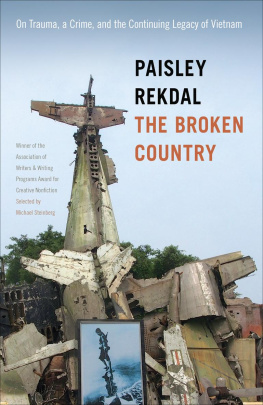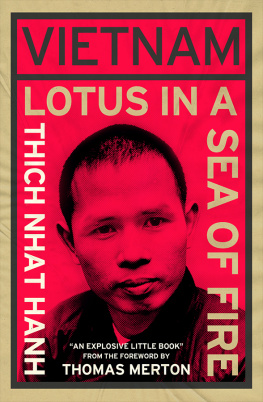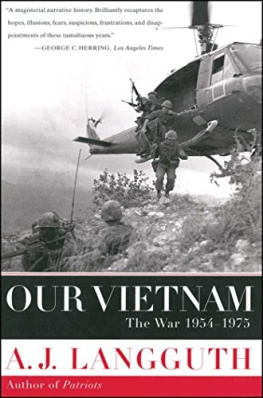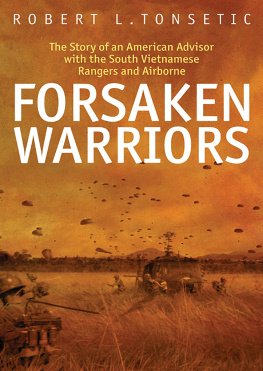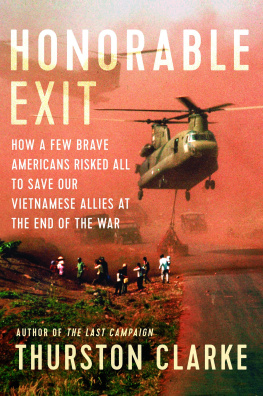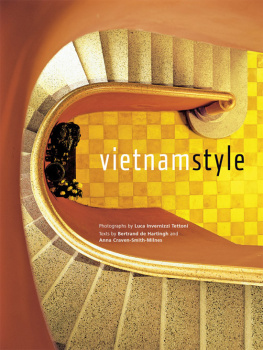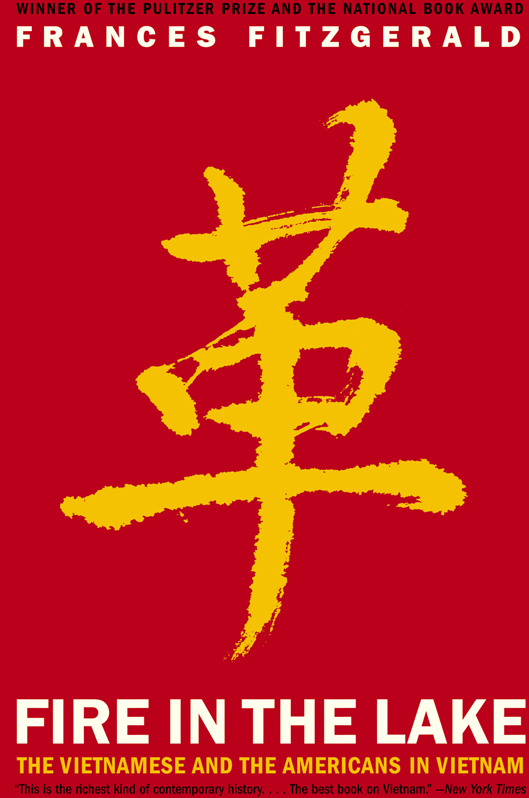COPYRIGHT 1972 BY FRANCES FITZGERALD
ALL RIGHTS RESERVED. EXCEPT AS PERMITTED UNDER THE U.S. COPYRIGHT ACT OF 1976, NO PART OF THIS PUBLICATION MAY BE REPRODUCED, DISTRIBUTED, OR TRANSMITTED IN ANY FORM OR BY ANY MEANS, OR STORED IN A DATABASE OR RETRIEVAL SYSTEM, WITHOUT THE PRIOR WRITTEN PERMISSION OF THE PUBLISHER.
Back Bay Books/Little, Brown and Company
Hachette Book Group
237 Park Avenue, New York, NY 10017
Visit our website at www.HachetteBookGroup.com.
Originally published in hardcover by Little, Brown and Company, August 1972
First eBook Edition, April 2009
Back Bay Books is an imprint of Little, Brown and Company. The Back Bay Books name and logo are trademarks of Hachette Book Group USA, Inc.
Portions of this book appeared originally in The New Yorker, in slightly different form.
Excerpts from testimony to the Joint Economic Committee of Congress, January 1971, reprinted with permission of the Boston Globe.
Quotations from The Economics of Insurgency in the Mekong Delta of Vietnam by Robert L. Sansom 1970 by MIT. Reprinted with permission of the MIT Press, Cambridge, Massachusetts.
The I Ching, or Book of Changes, translated by Richard Wilhelm, rendered into English by Cary F. Baynes, Bollingen Series XX ( 1950 and 1967 by Bollingen Foundation), reprinted by permission of Princeton University Press.
ISBN 978-0-316-07464-3
Praise for Frances FitzGeralds
FIRE IN THE LAKE
The Vietnamese and the Americans in Vietnam
Winner of the National Book Award
Winner of the Pulitzer Prize
Winner of the Bancroft Prize
An extraordinary book partly a history of South Vietnam, partly a study of American policy there, and partly an account of what this policy has done to a people we have destroyed in order to save from Communism. Fire in the Lake is all these and much more: a compassionate and penetrating account of the collision of two societies that remain untranslatable to one another, an analysis of all those features of South Vietnamese culture that doomed the American effort from the start, and an incisive explanation of the reasons why that effort could only disrupt and break down South Vietnams society and pave the way for the revolution that the author sees as the only salvation. Miss FitzGeralds analysis should help us understand why even apparent battlefield successes of our side provide, in the long run, no way of saving the unsavable. It should also, by its very depth and by its admirable style cool empathy, restrained indignation, quiet irony, devastating vignettes help us realize the monumental scope of what went wrong and what we did wrong. A fine book.
Stanley Hoffmann, New York Times Book Review
Frances FitzGerald writes with the controlled fire of one whose Inner Light is hot, yet tempered by the cool ice of Reason and Fact. There has been to this point no book on recent Vietnam with the power and conviction of Fire in the Lake. Compared to Miss FitzGeralds prodigious effort, all previous studies, of whatever persuasion, pale into insignificance.
David Brudnoy, National Review
FitzGerald is a wonderful reporter and writer, with an eye for the telling detail.
Jim Miller, Newsweek
FitzGerald has caught the sweep of the subject as well as the context. The great mistakes that flowed from the basic American misunderstanding of the nature of the Vietnam conflict are set forth with stunning clarity. FitzGerald constructs her case by a narrative of intricate facts which sharply cuts through the typical self-deceptions about the war that have been built up by official righteousness. Her main points are hammered home with such power that doubters are bound to be shaken.
S. R. Davis, Christian Science Monitor
Fire in the Lake somehow manages to get under the skin of this ugly war which has left so many Americans feeling bewildered and morally bankrupt. In clear, often poetic language, the author illumines the cultural incongruences which reduce most attempts at communication between the Vietnamese and ourselves to something bizarre, like the dog trying to talk to a duck.
Michael Mok, Publishers Weekly
Fire in the Lake is a thoughtful book written in quality prose. Without claiming to be authoritative, it touches on most of the subjects that are likely to concern specialists of Vietnam for years to come.
David G. Marr, Journal of Asian Studies
One of the best descriptions and analyses of Vietnam ever published in English. FitzGerald has read extensively in scholarly works about Chinese and Vietnamese society, and she uses this material to give substance to her own excellent observations made as a reporter in Vietnam. She has been able to combine a basic understanding of the nature of peasant society, Confucianism, French colonial rule, and the impact of modernization to produce an exceptionally clear account of the problems of southern Vietnam. The treatment of American operations is also excellent.
D. D. Buck, Library Journal
If Americans read only one book to understand what we have done to the Vietnamese and to ourselves, let it be this one.
Arthur M. Schlesinger, Jr.
A superbly dramatic and informative account of current events on the other side of the globe. It is also a depth analysis, supported by a compelling thesis, of why events have proceeded as they have and why the drama is proving not only a tragedy for the people of Vietnam but also for the American people as well. FitzGerald has unusual gifts as a narrator of large historical events. The impact of her history is overwhelming.
Christopher Lehmann-Haupt, New York Times
Rarely have we been able to regard the Vietnamese and their divided country from the standpoint of an essential unity of culture, tradition, and ethnic identity. That is what makes Fire in the Lake such an important departure. Miss FitzGeralds basic complaint is that the American failure in Vietnam has been our inability to perceive that all along the enemy has been the people. And so the Fire in the Lake, the revolution being waged by the North and the Front, may be the only one capable of restoring order and unity to the wartorn society of Vietnam.
Laurence Stern, Washington Post Book World
The best part of Fire in the Lake describes how the Americans, as they defoliated the countryside, proceeded to corrupt the cities: to turn a land of farmers into a ghetto of refugees, shoeshine boys, and prostitutes. By the end of the book, FitzGerald has presented two Vietnamese societies with nothing in common: that of the villages and that of the bidonvilles. The infra-structures the American army rooted out were the traditional values of the ancestral culture. With so many families scattered and gone, these values are unlikely to become the basis of a new political order Marxist or Confucian or otherwise.
Tom Geoghegan, New Republic
This is the richest kind of contemporary history; it places political and military events in cultural perspective. FitzGerald is superb at clarifying the differences between Vietnamese and American cultures. This is the best book on Vietnam.
New York Times Books of the Century
Books by Frances FitzGerald
Fire in the Lake:
The Vietnamese and the Americans in Vietnam
America Revised:
History Schoolbooks in the Twentieth Century
Cities on a Hill:
A Journey Through Contemporary American Cultures
Way Out There in the Blue:



